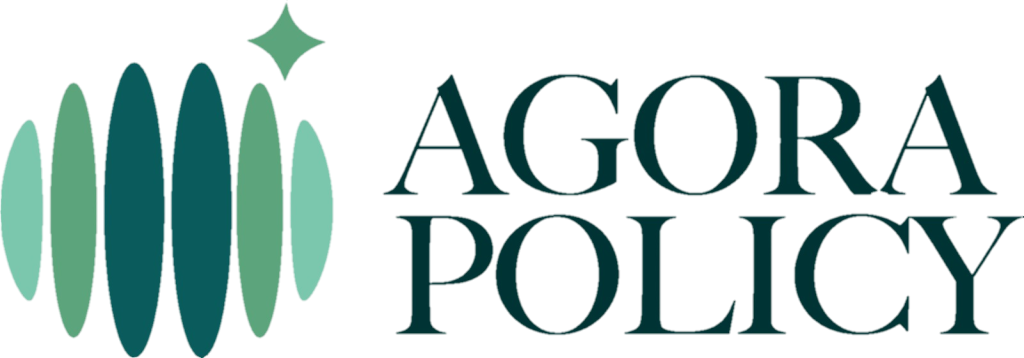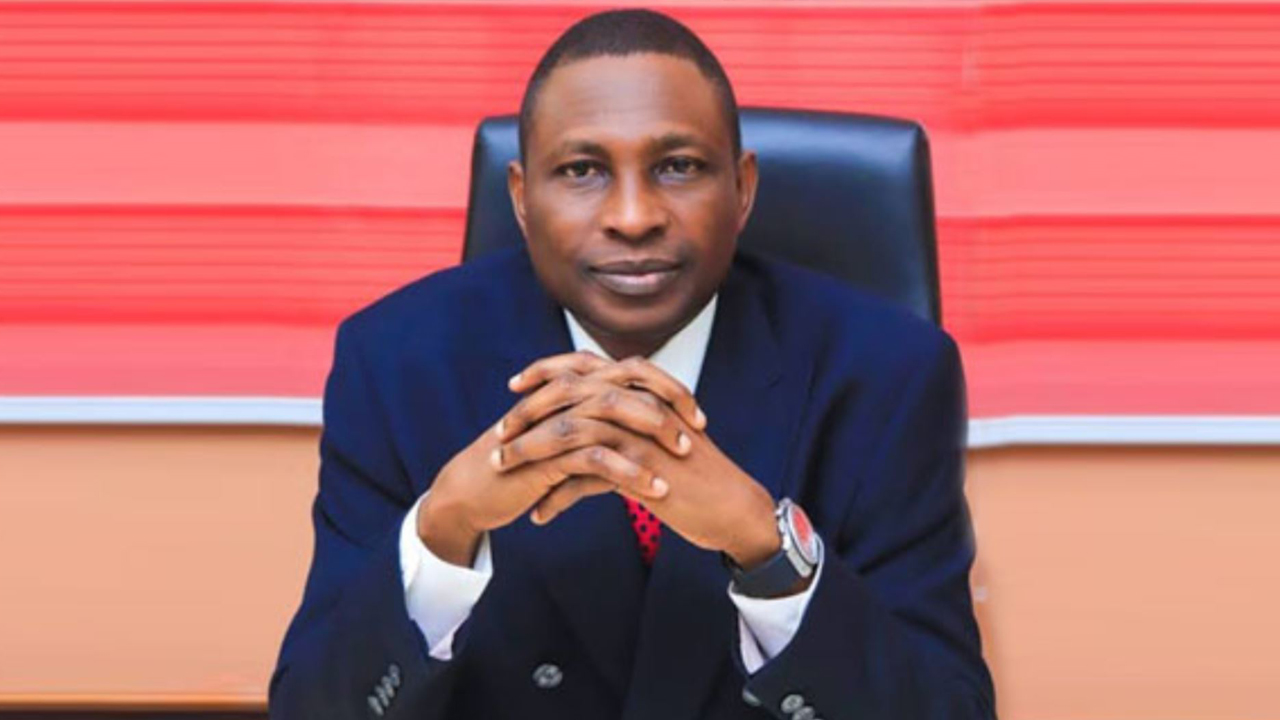By Ola Olukoyede | I am pleased to have been invited to participate in this conversation on the state of the anti-corruption policy and practice in Nigeria.
Let me commend Agora Policy and its partners (CDD and CFTPI) for putting together this initiative which affords an opportunity to reflect on the state of the anti-corruption campaign in Nigeria, with a view to coming up with ideas to strengthen the existing anti-corruption framework.
Nigeria has long acknowledged its corruption challenge. Indeed, successive administrations have come up with initiatives to tackle the malaise. These initiatives, in the last two and a half decades since the emergence of democratic governance, have been driven by all the anti-corruption agencies in the ecosystem, but notably the EFCC and the ICPC.
Within the period, we have recorded major gains, including deepening public consciousness of the criticality of the fight against corruption, recovery of stolen assets and prosecution for alleged corrupt practices. In addition, a number of institutions have been created and laws enacted to enhance public accountability and transparency.
In spite of these milestones, we acknowledge the fact that we are still far from Uhuru. Corruption remains a huge enterprise with the theft of public resources across all levels of government, a grave concern.
A number of issues have encumbered the fight against corruption, many of which are known to this distinguished audience. They include public cynicism which is a major morale dampener for anti-graft officials; security of tenure of anti-corruption agency heads with implication for the independence of the agencies; challenges in prosecution of high-profile corruption cases; non-sustenance of accountability reforms in the public sector, and more.
We are not likely to make the kind of impact envisaged until these challenges are addressed. We must also examine the ease with which public officers are able to siphon humongous sums from the public till without any warning systems.
Over the years, we have focused on borrowing best practices from other nations but real solutions to our corruption problem lies in adapting measures drawn from our unique experiences. The kind of introspection that today’s forum engenders should propel us in identifying gaps that need urgent closure for effective recalibration of the anti-corruption framework for greater efficiency.
At the level of the EFCC, we have taken a conscious decision to use the fight against corruption to stimulate the economy and support critical social investment initiatives. As some of you may be aware, funds recovered by the EFCC are part of the resources deployed by the Federal Government in financing the students and consumer credit schemes. Both schemes have the potential to reduce the penchant for criminality by vulnerable segments of the population. We have also prioritised corruption prevention, leading to the establishment of the Department of Fraud Risk Assessment and Control (FRAC) in the EFCC.
With the cooperation and collaboration of all stakeholders, we have faith that Nigeria can overcome the challenge of corruption. Therefore, the EFCC remains resolute in its anti-graft efforts as we continue to collaborate with all our partners.
On this note, I thank you for listening and wish us fruitful deliberations.
*Mr. Olukoyede, the Chairman of the Economic and Financial Crimes Commission (EFCC), delivered this as a goodwill message at the policy conversation organised on 10th December 2024 by Agora Policy, CDD and CFTPI, with the support of MacArthur Foundation.



